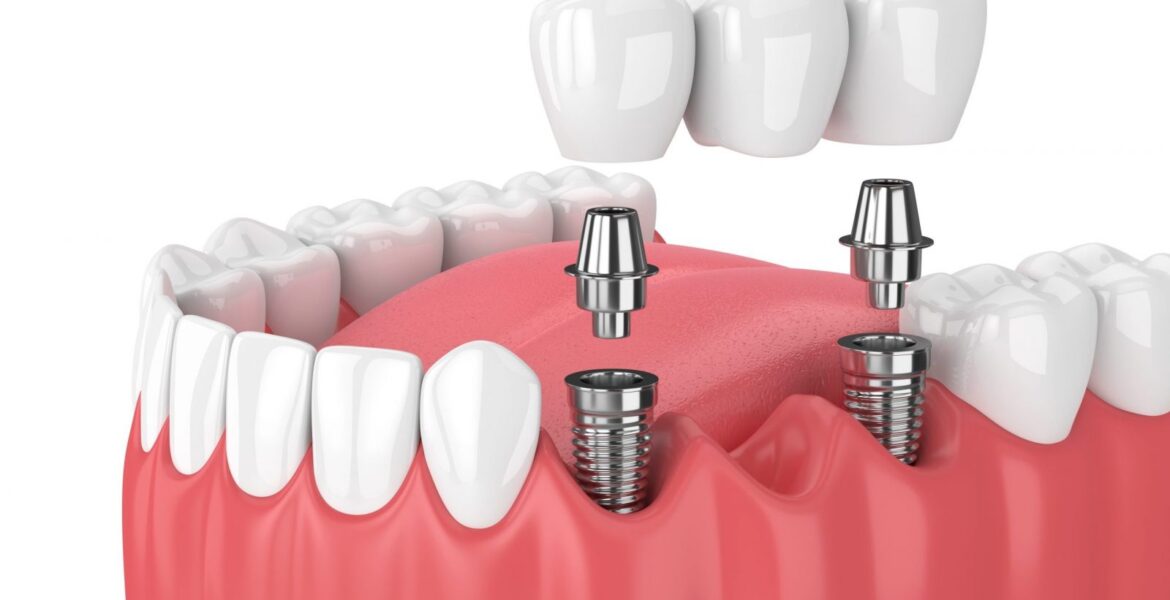
Dental Implant
Why Choose Dovers Dental Clinic for Dental Implants in Lekki?
Replacing missing teeth begins with selecting a reliable implant clinic. At Dovers, we combine surgical expertise with state-of-the-art technology to deliver dental implants in Lekki that look, feel, and function like natural teeth, enhancing your quality of life.
What Causes Tooth Loss Requiring Dental Implants?
Tooth loss can stem from advanced decay that compromises the tooth beyond repair, periodontal disease eroding the gums and bone, or trauma fracturing the tooth root. Aging also plays a role, as enamel wears thin and teeth become brittle. At Dovers Dental Clinic in Lekki, our dental implants provide a permanent solution, anchoring directly into your jawbone for unmatched stability.
What are dental implants? They’re titanium posts surgically placed into the jawbone, topped with custom crowns to mimic natural teeth. At Dovers, we customize this process for Lagos patients, ensuring a seamless fit and a restored smile that lasts decades with proper care.
The Dental Implant Process at Our Lekki Clinic
Our implant process starts with 3D imaging to plan precise placement, followed by surgically embedding the titanium post under local anesthesia or sedation. Over several months, the implant fuses with your jawbone through osseointegration, creating a solid foundation. We then attach a custom-made crown, color-matched to your natural teeth, for a flawless finish. This multi-step procedure ensures a robust, lifelong replacement tooth.
Benefits of Dental Implants at Dovers Dental Clinic
Dental implants go beyond aesthetics—they anchor into your jaw like natural roots, preventing bone deterioration that occurs with tooth loss. At Dovers in Lekki, our implants improve chewing strength, boost confidence, and eliminate the slippage issues common with dentures, offering a superior alternative for Lagos residents.
Signs You Might Need Dental Implants
These signs suggest dental implants could be your ideal solution. Missing teeth shift your bite, causing jaw pain or further loss, while loose dentures hinder eating and speaking. At Dovers Dental Clinic in Lekki, our implants address these issues permanently, restoring both form and function.
Why Dental Implants Matter
Tooth loss doesn’t just affect your smile—it triggers jawbone shrinkage, altering your facial profile over time. Studies show this can lead to nutritional deficiencies from poor chewing. At Dovers, our dental implants in Lagos stimulate bone growth, maintaining your facial contours and overall health with a solution built to last.
Book Your Dental Implant Appointment Today
Ready to replace missing teeth? Schedule your implant consultation now and see why Dovers is the top dental implant clinic in Lekki and Lagos.
Questions about dental implants? Contact our friendly team at Dovers Dental Clinic for expert advice and personalized support.


